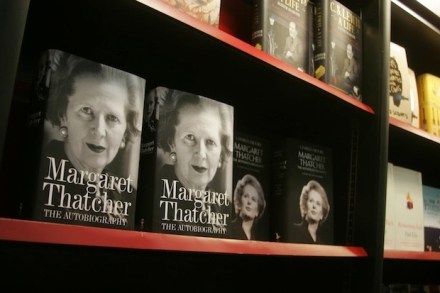Detroit’s new colonials
More from BooksIn the opening sentence of this subtle and finely poised novel, the narrator, Greg Marnier, known as ‘Marny’, admits that he ‘was never much good at telling stories’. By the end he is accused of having a ‘confessional streak, but no real desire to explain yourself’, while realising that ‘everything people do, everything they say,






























